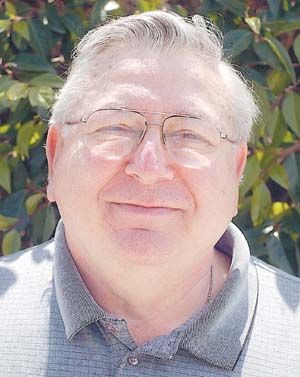The Latin term
”
caveat emptor
”
means, literally, let the buyer beware. Expressed another
way
– it’s without a warranty, leaving the buyer at risk. It’s a
good warning to keep in mind whether you’re buying a used car or
making long-term agreements for the purchase or generation of solar
power.
The Latin term “caveat emptor” means, literally, let the buyer beware. Expressed another way – it’s without a warranty, leaving the buyer at risk. It’s a good warning to keep in mind whether you’re buying a used car or making long-term agreements for the purchase or generation of solar power.
Caveat emptor is not just a saying. It also has a 193-year-old legal precedent at the U.S. Supreme Court relating to commerce. If you make a bad deal, it’s your problem.
Just because the federal and state governments have put their good judgment into a lockbox and offered incentives to throw care out the window regarding renewable energy contracts, it does not mean we should follow their lead. They will not bail us out if we make a serious mistake. And never forget that the incentive payments and tax credits offered are “our” money, too.
That’s why I’m still at a loss to understand the city’s decision to hide its dealings with ClearSpot Energy for many months before rushing in January to award a no-bid, non-competitive, 30-year contract with an estimated payout in excess of $16 million for electrical power alone.
The contract also includes the possibility of millions more in incentives and “environmental attributes” for ClearSpot, and all those capital incentives go to them. However, all the operating incentives also go to ClearSpot until the lenders are paid up in full – after that, ClearSpot still gets 50 percent even if the city does not save a dime.
After studying some other interesting provisions of the agreement, it makes me wonder if anyone on the council understood what they were voting for?
The initial period lasts one year and during that time, ClearSpot can choose “to cease development of the Facility” for any reason it sees fit without penalty, according to the agreement. Meanwhile, the city is locked in for that same year. ClearSpot can try to develop more local business and, if it fails, can just walk away. But we do not have the right to walk away without penalty unless they do not deliver. At that time, incentives and competition may not be available.
What do they agree to provide?
ClearSpot “does not warrant or guarantee the amount of electric energy to be produced by the Facility for any hourly, daily, monthly, annual or other period.”
What if the solar panels are not as efficient or don’t last as long as ClearSpot claimed? What if it skimps on operating funding and has excessive downtime?
Conversely, whatever energy it does generate, the city must buy it even without needing it. “Host shall buy from Provider all electric energy produced by the Facility, whether or not Host is able to use all such electric energy … At any time that electric production from the Facility is greater than Host’s requirements at such time, Host shall nevertheless pay Provider for all of the electricity produced by the Facility,” according to the records, obtained by the Free Lance in response to a California Public Records Act request.
I must point out that the city can sell any of the excess energy it was forced to buy, but not to just anyone – only to a “Local Electric Utility,” if it is buying.
In short, ClearSpot can fail to deliver energy when we need it without penalty and it can deliver energy when we do not need it and we will still have to pay for it even if we cannot sell it. Does that sound right?
This may have been the best deal we could get, but how will we ever know? We never really shopped the market or gave the public time to analyze the agreement. We forgot about caveat emptor.
Marty Richman is a Hollister resident.










